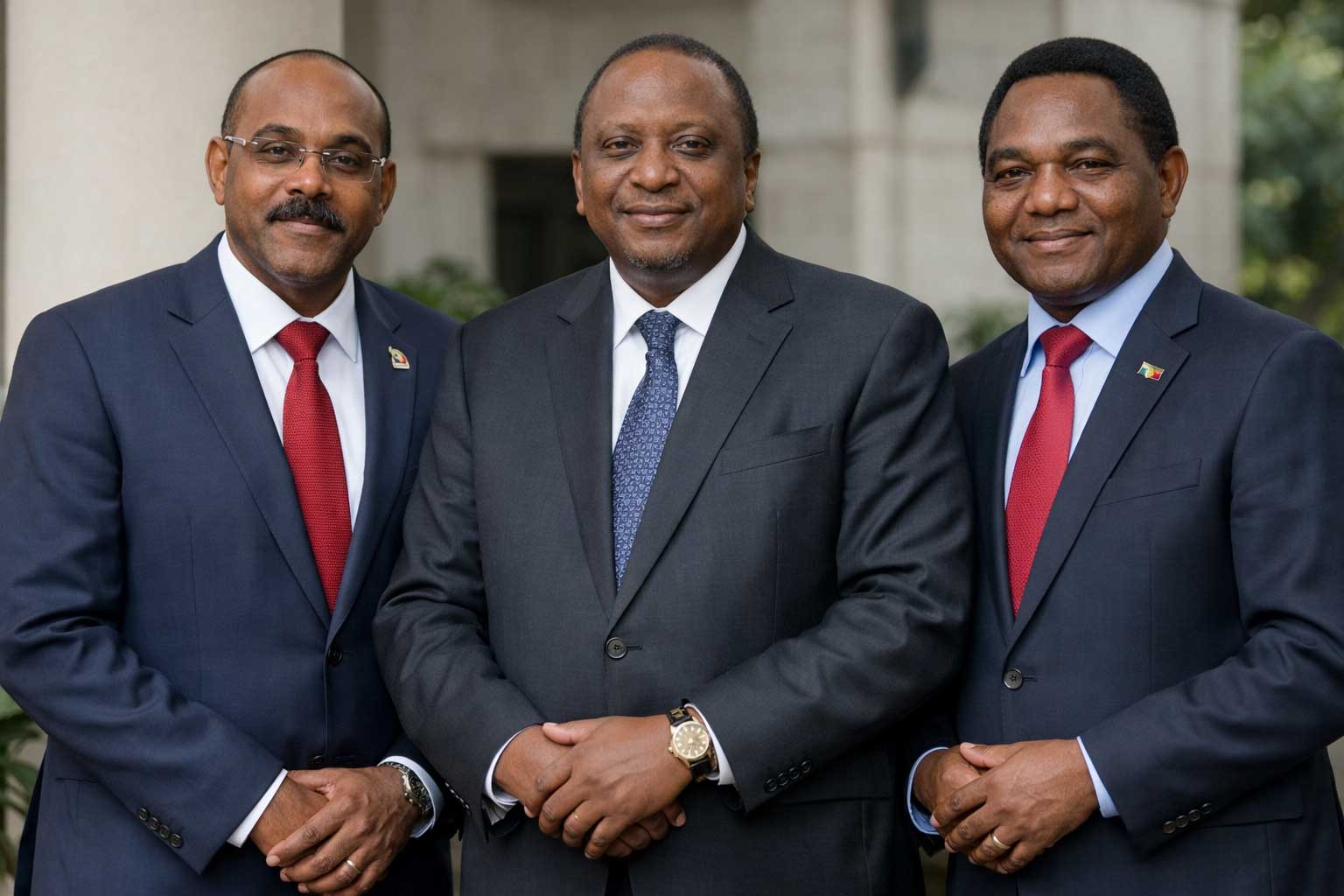Seven people from Kenya have won a case at the Family Court in London to prove they were fathered by British men working at an army base in their country.
Commercially available DNA databases were used to identify otherwise unknown fathers. Six had served at the British Army Training Unit in Kenya (Batuk) and one worked as a contractor.
It's the first time paternity has been proved in this way in a UK court.
The decision opens the door for the offspring to apply for British citizenship.
They were represented by British lawyer James Netto, who - together with leading geneticist Denise Syndercombe Court – had taken part in a project to collect DNA samples and testimonies from people in the Nanyuki region of Kenya.
One of the claimants, Peter Wambugu, told the BBC that he grew up knowing that his father was a British soldier, but that they had never met. Peter shared his struggles with identity and acceptance as a mixed-race child in Kenya. He was eventually reunited with his father, who claimed he had no idea he had a son. After their emotional meeting, Peter expressed a mix of joy and pain as he reflected on his life.
Another claimant, who cannot be identified, described the emotional challenges of growing up without a father figure, feeling abandoned after a brief encounter at age four.
James Netto remarked that today's ruling provides closure for many families and encourages further exploration of similar cases involving paternity in connection with the army base. As more individuals come forward, there is potential for broader accountability from the Ministry of Defence.
The Ministry of Defence acknowledged that while these claims are a private issue, they engage with local authorities on related matters. This ruling sheds light on a vital aspect of family rights and identity, and the BBC continues to cover the ongoing implications of this landmark case.



















